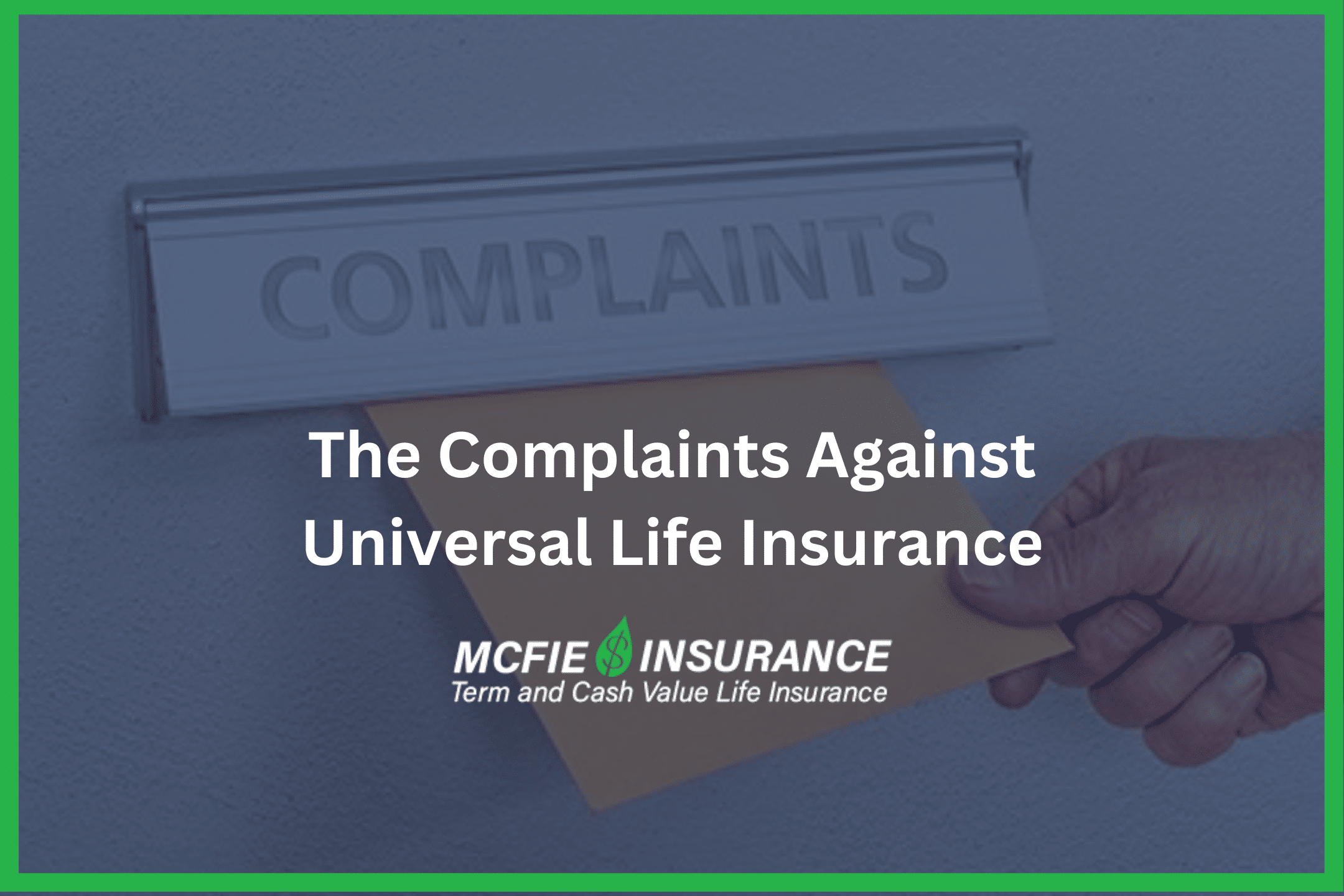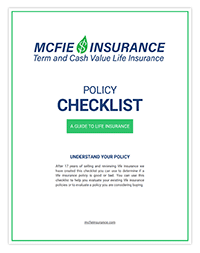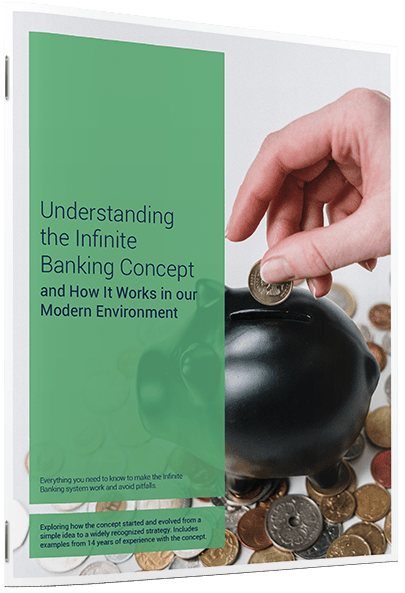702-660-7000
702-660-7000

“There is a great disturbance in the force.”
Initially, the New York State Department of Financial Services announced their intention to crack down on insurers and agents who mislead clients through complex contracts that obscure the risks involved in buying and owning universal life insurance products, including Indexed Universal Life.
These are some of the risks the department mentions which make the sale of universal life insurance products risky:
Following nearly 1,400 consumer complaints in New York State, the superintendent of the Department of Financial Services issued a warning. He advised consumers and potential buyers to be aware that the internal costs of these products rise annually and may become unaffordable in later years. Moreover, he emphasized that these products offer no long-term guarantees regarding required premium payments, accumulated cash values, or death benefits.
Over the last decade the sale of Indexed Universal Life has quintupled. But many say these types of policies are being sold using dishonest measures. According to Birny Birnbaum, director of the nonprofit Center for Economic Justice, “false promises and deceptive marketing” are commonly used and it would be best to “stay away from them.”
 | Policy Checklist Make Sure You Get a Good Policy Is your policy good or bad? Use this checklist to help evaluate your existing life insurance or a new policy you are considering. |
The American Council of Life Insurers concedes that indexed universal life insurance might not suit everyone. Traditional whole life products, secured by the insurer’s investments in corporate bonds and government-backed mortgages, provide a safe haven for money, yielding consistent annual returns. In contrast, indexed universal life insurance places the risk squarely on the policyholders.
Undoubtedly, indexed universal life insurance promises a greater potential upside compared to traditional whole life insurance contracts. However, this potential comes with a significant risk: the possibility of losing everything as the insurance cost escalates over the insured’s lifetime.

Understanding the Infinite Banking Concept and How It Works In Our Modern Environment 31-page eBook from McFie Insurance Order here>
Another factor with indexed universal life is the fees associated with premiums paid. According to Steven Roth, president of Wealth Management International (an insurance analyst and litigation consultant) these fees can be upwards of 8% on premiums and cash values of the policy. When market conditions are less than desirable these fees can drain your policy dry of cash values and even cause it to lapse if you can’t fork over more money in premiums to keep the policy afloat. This occurred with many index universal policy owners during the COVID-19 downturn. Even though the investment loss was zero, the fees caused losses of several percentage points in the accumulated cash value of many policyholders.
So, always base your decision to buy an indexed universal life policy solely on the guaranteed cash values and death benefit. Relying on anything else amounts to risky speculation, which might lead to the loss of both your money and insurance coverage. Given that these indexed life insurance contracts can stretch between 50 to 70 pages, it’s clear that the intricate legal language crafted by the insurers’ attorneys is not designed to safeguard your interests. No wonder insurance regulators across various states are beginning to realize the complexity and risks involved, advocating for thorough caution and diligence before making such a purchase.
In my view, the average individual doesn’t need universal life insurance. Trying to combine investments and insurance is like mixing oil and water – they simply don’t merge well. This is precisely the challenge universal life insurance products try to tackle, often without success.
 Dr. Tomas P. McFie
Dr. Tomas P. McFie
Most Americans depend on Social Security for retirement income. Even when people think they’re saving money, taxes, fees, investment losses and market volatility take most of their money away. Tom McFie is the founder of McFie Insurance which helps people keep more of the money they make, so they can have financial peace of mind. His latest book, A Biblical Guide to Personal Finance, can be purchased here.